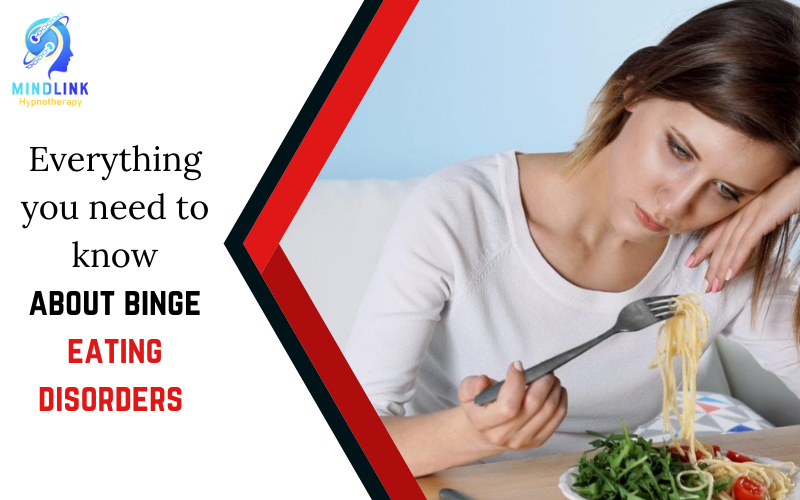Binge eating disorder (BED) is a form of feeding and eating problem. It affects around 2% of the world’s population and can lead to other health problems associated with food, such as high cholesterol and diabetes. Feeding and eating disorders are classified as psychological diseases since they are not just related to food. People usually develop them as a coping mechanism for a deeper issue or a psychological ailment like stress or depression. This post will tell you everything that you need to know about binge eating disorders in Bribie Island.
What is BED, and what are the most common symptoms?
People suffering from BED may consume a considerable amount of food in a short period of time even though they are not hungry. Emotional tension or destress frequently plays a role and might lead to this psychological disorder. A person may feel relieved during a binge, but afterwards, they may feel ashamed or lose control.
When an individual is suffering from BED, he or she will come across the following symptoms. If they wish to seek professional diagnosis, three or more symptoms should be present—
- Eating at a considerably faster rate than usual
- Consuming food till the individual is uncomfortably full
- Consuming a significant amount of food without being hungry
- Because of humiliation and shame, they eat alone
- Sentiments of remorse or disdain towards oneself
BED patients usually report dissatisfaction and anxiety about their eating habits, body shape, and weight. In summary, BED is uncontrollable eating of unusually big amounts of food in a short period of time on several occasions. Moreover, guilt feeling, shame, and psychological suffering accompany these events.
What are the health risks of BED?
BED is related to a greater risk of weight gain and obesity, as well as ailments such as diabetes and heart disease. Other health hazards include abnormal sleeping patterns, chronic pain, mental health issues, and a lower quality of life.
BED can cause several mental, physical, and social health problems. Obesity affects up to 50% of persons with BED. The condition, on the other hand, is an independent risk factor for weight gain and obesity. It occurs from excessive calorie intake from binge eating episodes. Obesity might cause heart diseases, stroke, type 2 diabetes, and cancer if left untreated. However, other studies have revealed that persons with BED are at an even higher risk of developing these health issues than those with obesity who do not have BED. Sleep disorders, chronic pain diseases, asthma, and irritable bowel syndrome (IBS) are some of the other health hazards that BED causes.
The disorder has been linked to a higher risk of infertility, pregnancy issues, and the development of polycystic ovary syndrome (PCOS) in women. Moreover, individuals with BED, as compared to people without the illness, report difficulties with social relationships, according to research. In addition, as compared to persons who do not have a feeding or eating problem, people with BED have a higher risk of hospitalisation, outpatient treatment, and emergency department visits.
What are the available treatment options to diagnose BED?
The reasons, severity of the eating disorder, as well as the patient’s personal objectives, determine the course of therapy for BED. Binge eating behaviours, excess weight, body image, mental health disorders, or a combination of these may be the focus of the treatment. Cognitive behavioural therapy, interpersonal psychotherapy, dialectical behaviour therapy, weight reduction therapy, hypnotherapy and medication are all alternatives for treatment. These can be done one-on-one, in a group environment, or as part of a self-help programme. Some people may only need one sort of treatment. But others may need to experiment with numerous combinations until they find the appropriate match.
In conclusion
BED is a prevalent feeding and eating problem that can have major health consequences if left untreated. It’s characterised by periods of binge eating that are uncontrollable and typically followed by anxiety & stress symptoms in Bribie Island.
Mindlink hypnotherapy can help you diagnose eating disorders. Get in touch with us for more information.

